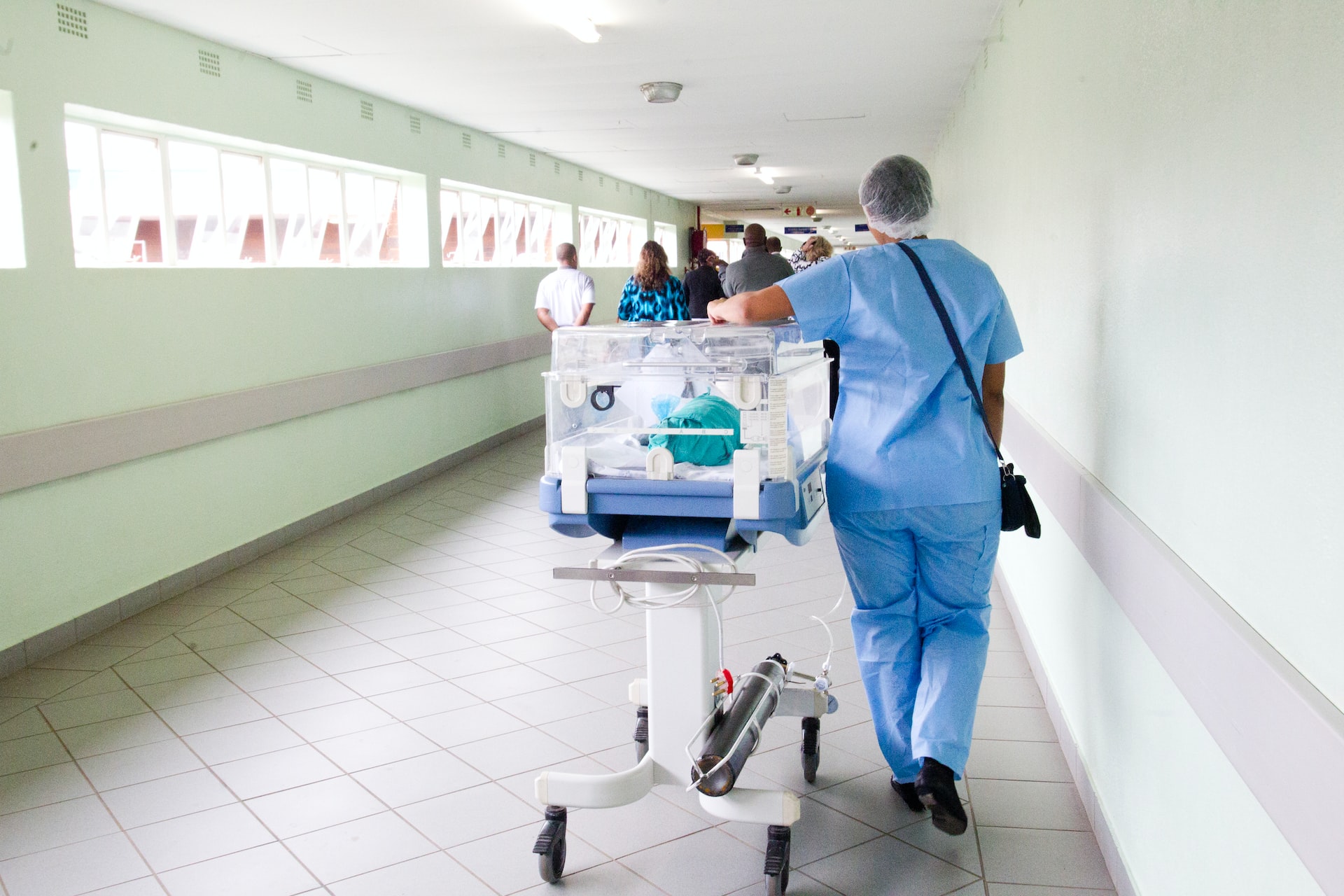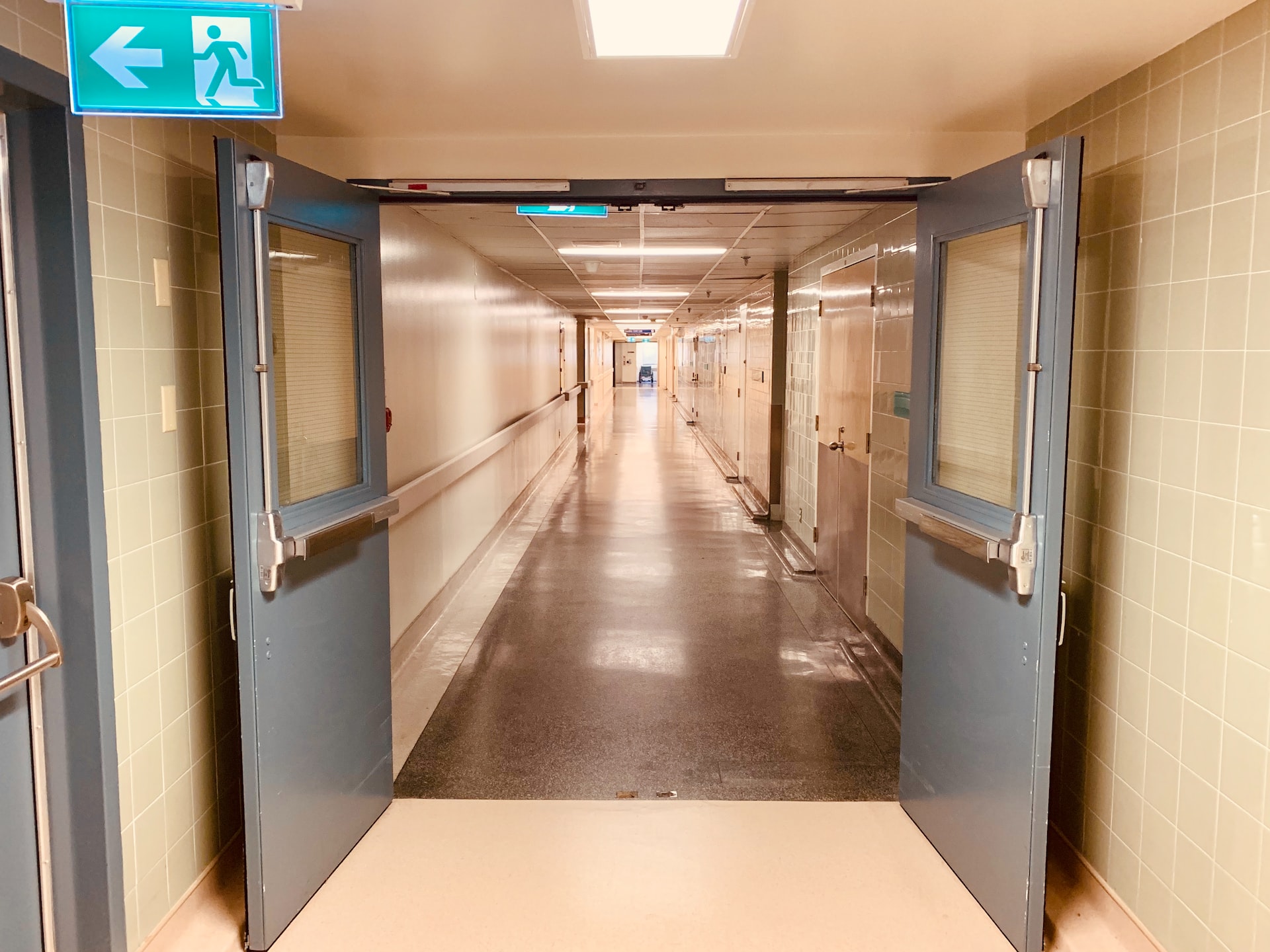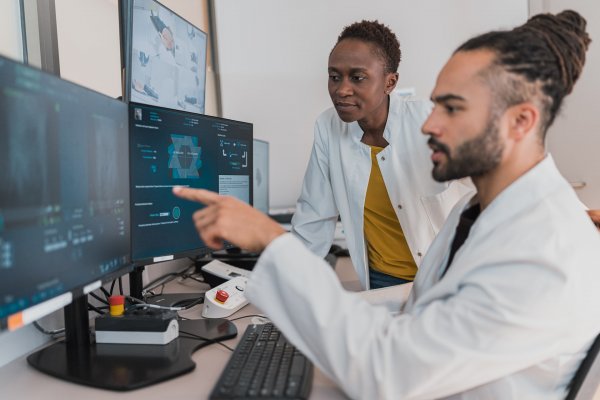Doctors need to operate efficiently when treating patients, as it not only saves time but also helps ensure that each patient gets the highest quality of care. But how can doctors become more efficient when providing treatments? In this article, we will discuss some strategies and techniques to make sure that medical practitioners are as productive and effective as possible.

Clinical order sets are one of the most effective ways for doctors to become more efficient when treating patients. Clinical order sets are established protocols that allow physicians to quickly and accurately identify any medical issues a patient may have, while also providing appropriate treatments. They can be used to streamline the entire treatment process by reducing the number of tests or procedures that must be ordered, as well as enabling faster diagnosis by helping physicians focus on specific symptoms rather than having to consider all possibilities. The fact is that patient outcomes and satisfaction can be improved dramatically with the use of clinical order sets, as it ensures that all appropriate tests and treatments are consistently carried out. It also helps to reduce healthcare costs by eliminating unnecessary treatments and tests.
Automation is another key factor in maximizing efficiency when treating patients. Automation tools such as electronic health records (EHRs) and computerized physician order entry systems (CPOE) can be used to streamline the processes of collecting, storing, and sharing patient information. By automating common tasks such as scheduling appointments, sending reminders to patients, and entering prescriptions into a medication database, doctors can save time and energy that would otherwise have been spent on these mundane tasks. Automation tools also help to reduce errors in treatments by providing more accurate information about each patient’s history, symptoms, test results, etc., which will ultimately lead to better outcomes for patients.
Time management is also essential when it comes to becoming more efficient when treating patients. Doctors must ensure that they are taking enough time with each patient so that all of their concerns are addressed and the appropriate treatments can be discussed. The best way to maximize time management is for physicians to set up a system in which they can quickly identify what needs to be accomplished during each visit so that they can prioritize tasks and ensure that their patient’s needs are being met. This includes scheduling appointments at specific times throughout the day, as well as setting aside enough time between visits so that doctors don’t feel rushed or overwhelmed when dealing with patients.
Next, teamwork is essential for doctors to be as efficient as possible when treating patients. By enlisting the help of nurses and other support staff, physicians can ensure that tasks are divided up in an organized manner so that everyone’s time is well spent. This will also allow doctors to focus on their most important responsibilities while delegating less important tasks to others who are better suited to handle them. Teamwork helps to reduce stress levels and improve overall satisfaction among medical practitioners, which leads to higher-quality care for patients.
Next, doctors should make sure to stay up-to-date on the latest medical knowledge and treatments. By attending seminars or taking classes, physicians can ensure that they are always providing their patients with the best care possible. It’s also important for doctors to understand the latest technological advances in healthcare, such as EHRs and CPOE systems so that they can take advantage of these tools to maximize efficiency when treating patients. There are numerous resources available for doctors to stay up-to-date on the latest medical knowledge, so they need to make use of these to ensure that they are providing the highest standard of care.
Finally, patient communication is essential for physicians to become more efficient when treating patients. Doctors need to provide clear instructions and explanations to their patients so that they can understand the treatments being recommended and the potential risks or benefits associated with them. This helps to ensure that treatment plans are followed correctly and that the best outcome is achieved for each patient. Additionally, good patient communication will help to build trust between doctor and patient, which ultimately leads to better health outcomes and overall satisfaction among both parties.
Efficiency is an important factor in any profession, but especially so in the medical field. Efficiency helps ensure that patients are getting the best possible care promptly and can help to reduce costs when it comes to medical treatments as well as provide better outcomes for patients. In the healthcare system, efficiency is key because it allows doctors to adequately provide care based on the resources available to them. The primary benefit of increasing efficiency for doctors and healthcare providers is that they can spend more time with their patients and provide higher-quality care. By streamlining common tasks such as appointment scheduling and charting of medications and test results, physicians can focus more of their time on patient interaction and addressing concerns or questions about treatment plans, as we mentioned.
Technology has become a major factor in the medical field for decades, but its impact on healthcare efficiency has grown exponentially over the past two to three decades. This is largely due to the development of electronic health records and other digital tools that allow doctors and nurses to track patient information with accuracy. Electronic health records (EHRs) provide comprehensive documentation of all patient encounters, medications provided, treatments used, as well as test results. This gives practitioners quick access to vital information when they need it most during a patient visit or while diagnosing a particular condition.

As we saw, there are many ways that technology has improved efficiency in the medical field. From EHRs and CPOE systems to patient portals and telemedicine, healthcare providers can access information quickly, reducing the time needed to diagnose patients accurately. So, not only has technology improved the quality of care, but it also reduces costs and saves time for both patients and providers.





